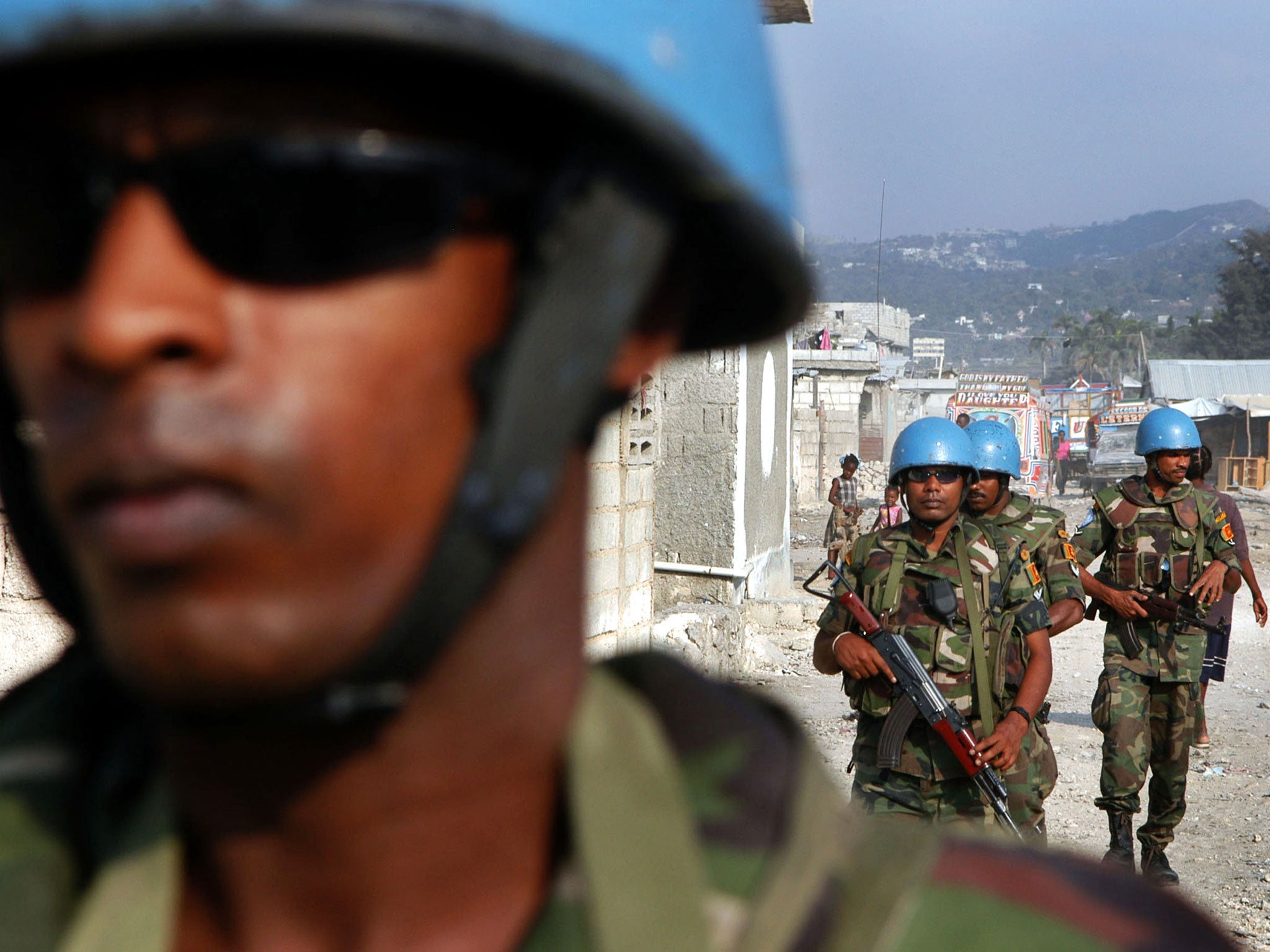South Sudan conflict: Britain must keep up the political pressure to protect a fragile peace
Thousands have sought refuge from the conflict and targeted ethnic massacres at UN bases

David Cameron’s announcement that the UK will be sending troops to support UN blue helmets in Africa was welcome news. The UN has long struggled to secure enough of the right forces for its missions, since few countries with elite trained and equipped forces commit them to peacekeeping operations.
But the decision to help UN missions in Somalia as well as South Sudan will put British forces at the centre of two complex conflicts.
In South Sudan, a fragile peace agreement is in increasing jeopardy. So will the promised 300 UK soldiers help keep the peace, or end up protecting civilians in the resurgence of a brutal civil war?
The peace agreement was signed last month to end South Sudan’s almost two-year civil war. In addition to mass killings, forced displacements and the use of child soldiers, the war is characterised by widespread sexual violence, including women held as captives by armed groups. At South Sudan’s independence in 2011, the UN peacekeeping mission was mandated to help the new government extend its writ over vast areas. Within hours of the outbreak of war in 2013, thousands sought refuge from conflict and targeted ethnic massacres at UN bases, with women and children subjected to horrific sexual violence.
There are now 200,000 people under the direct protection of peacekeepers who will be bolstered by the addition of UK forces. But the critical UK contribution in South Sudan should be political. Only through the success of the agreement to end the war will the UK’s forces be able to support a UN peacekeeping mission in which there is actually a peace to keep.
Casie Copeland is South Sudan Analyst at the International Crisis Group, the independent conflict-prevention organisation
Join our commenting forum
Join thought-provoking conversations, follow other Independent readers and see their replies
Comments
Bookmark popover
Removed from bookmarks